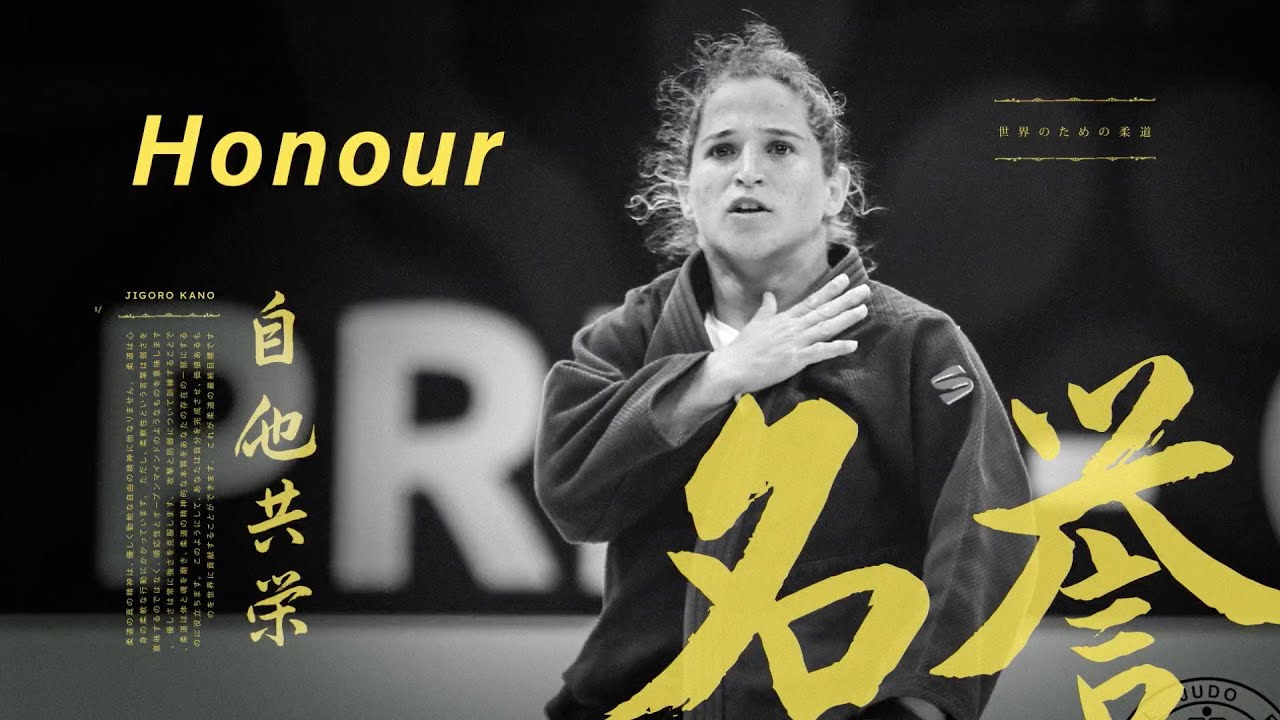Module 3- lesson 1: Judo Rules, Ethics, and Safety
Summary
TLDRJudo, a modern martial art originating from Japan, was developed by Professor Jigoro Kano in 1882. It draws from jujitsu and emphasizes Eastern philosophy. The sport's objective is to outscore opponents through throws and holds, with a five-minute match duration. Points are awarded for techniques and penalties for rule violations. Safety is paramount, with rules against harmful techniques and foul language. Respect is shown through bows before and after matches.
Takeaways
- 🇯🇵 Judo is a modern martial art developed in Japan by Professor Jigoro Kano.
- 📅 Professor Kano was born on October 28, 1860, and began teaching Judo in 1882.
- 🤼♂️ Judo incorporates techniques from the older martial art of Jujitsu, which dates back to around 1532.
- 🏆 The objective of Judo as a competitive sport is to beat your opponent with honor and grace.
- 📊 Points are awarded for throws or holds, and penalties are given for rule infringements.
- ⏱ A Judo match lasts five minutes in international competition.
- 🏅 The winner is the judoka with the most points; if tied, a 'golden score' period decides the match.
- 🚫 Penalties (Shidoshi or Hansoku-make) can result from minor or major rule violations.
- 🈲 Techniques that attack joints (except elbows), punch, kick, or intentionally injure are forbidden.
- 🙇♂️ Contestants must bow before and after the match and to the competition area.
- 🚫 Use of foul language or bad body gestures can lead to disqualification from the tournament.
- 🚫 Stalling and disregarding the referee's orders can lead to disqualification.
Q & A
Who is credited with developing judo?
-Jigoro Kano is credited with developing judo.
Where was Professor Jigoro Kano born?
-Professor Jigoro Kano was born in Kikagi near Kobe.
On what date was Professor Jigoro Kano born?
-Professor Jigoro Kano was born on 28 October 1860.
What martial art did judo adopt many of its techniques from?
-Judo adopted many of its techniques from jujitsu.
When was the name 'jujitsu' first used?
-The name 'jujitsu' was first used around the year 1532.
How many students did Jigoro Kano have in his first year of teaching judo?
-Jigoro Kano had a total of nine students in his first year of teaching judo.
What is the objective of judo as a competitive sport?
-The objective of judo as a competitive sport is to beat your opponent with honor and grace.
How long do judo matches last in international competition?
-Judo matches last five minutes in international competition.
What happens if no points are awarded during a judo match?
-If no points are awarded, the player with the highest score at the end of the match is declared the winner.
What is the term for a penalty awarded for minor rule infringements in judo?
-The term for a penalty awarded for minor rule infringements in judo is 'shidoshi'.
What is the term for a penalty awarded for major rule infringements in judo?
-The term for a penalty awarded for major rule infringements in judo is 'hansoku make'.
What are some actions that can result in disqualification from a judo tournament?
-Using bad body gestures, foul language, or disregarding the referee's orders can result in disqualification from a judo tournament.
What safety rules are in place regarding attacks in judo?
-In judo, intentionally harming an opponent, punching or kicking, attacking joints other than elbows, and head butts are not allowed.
What must competitors wear during judo competitions?
-Competitors must not wear hard metallic objects during judo competitions.
Outlines

This section is available to paid users only. Please upgrade to access this part.
Upgrade NowMindmap

This section is available to paid users only. Please upgrade to access this part.
Upgrade NowKeywords

This section is available to paid users only. Please upgrade to access this part.
Upgrade NowHighlights

This section is available to paid users only. Please upgrade to access this part.
Upgrade NowTranscripts

This section is available to paid users only. Please upgrade to access this part.
Upgrade Now5.0 / 5 (0 votes)





